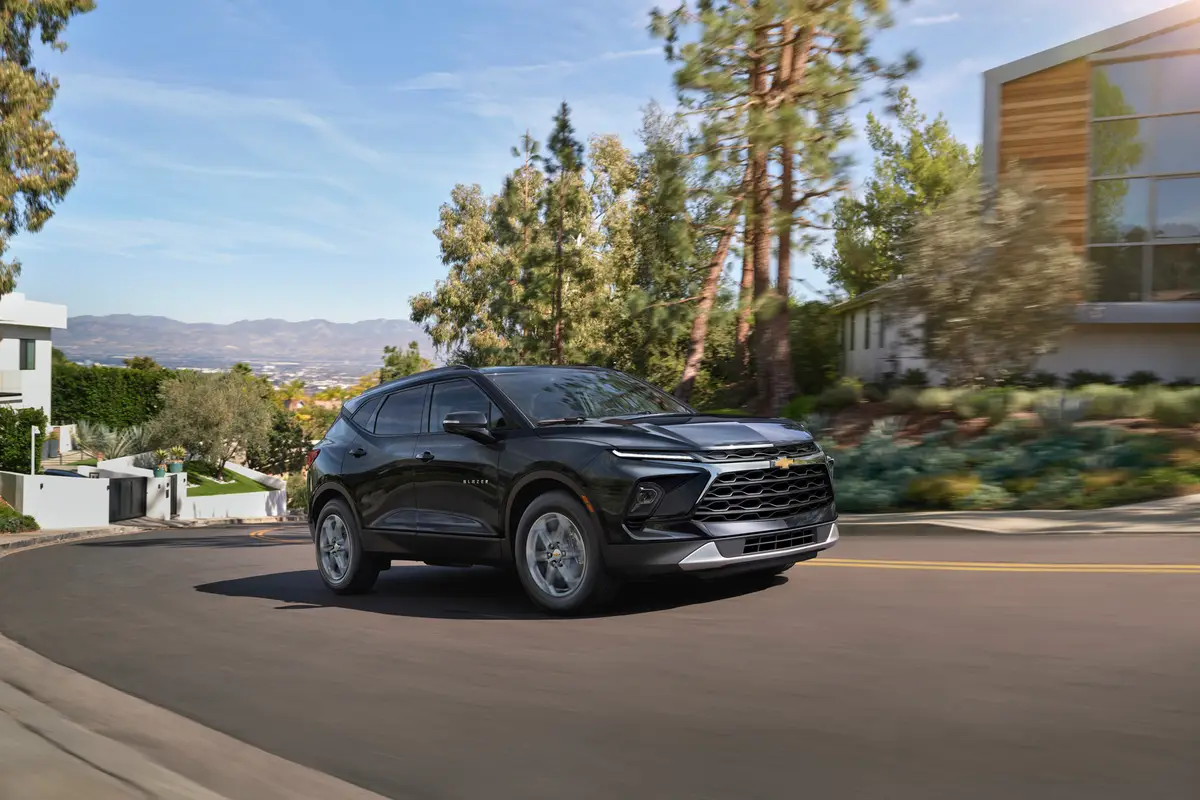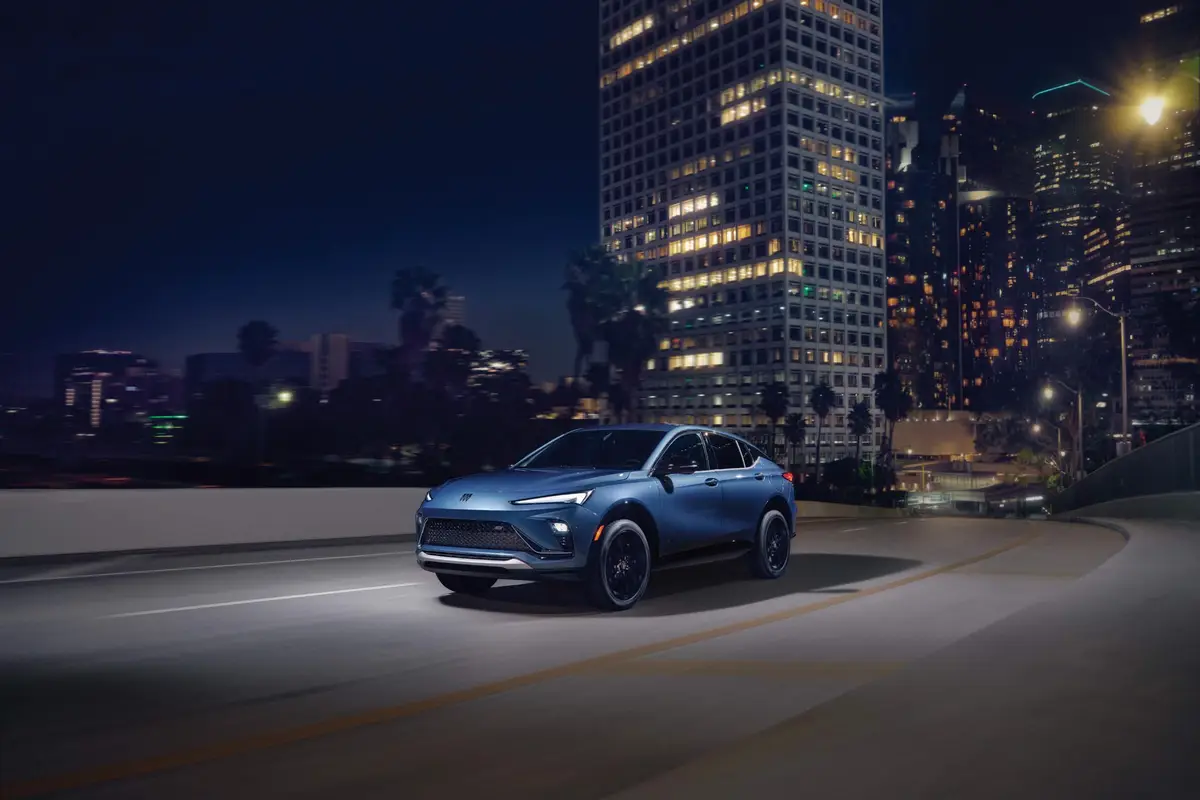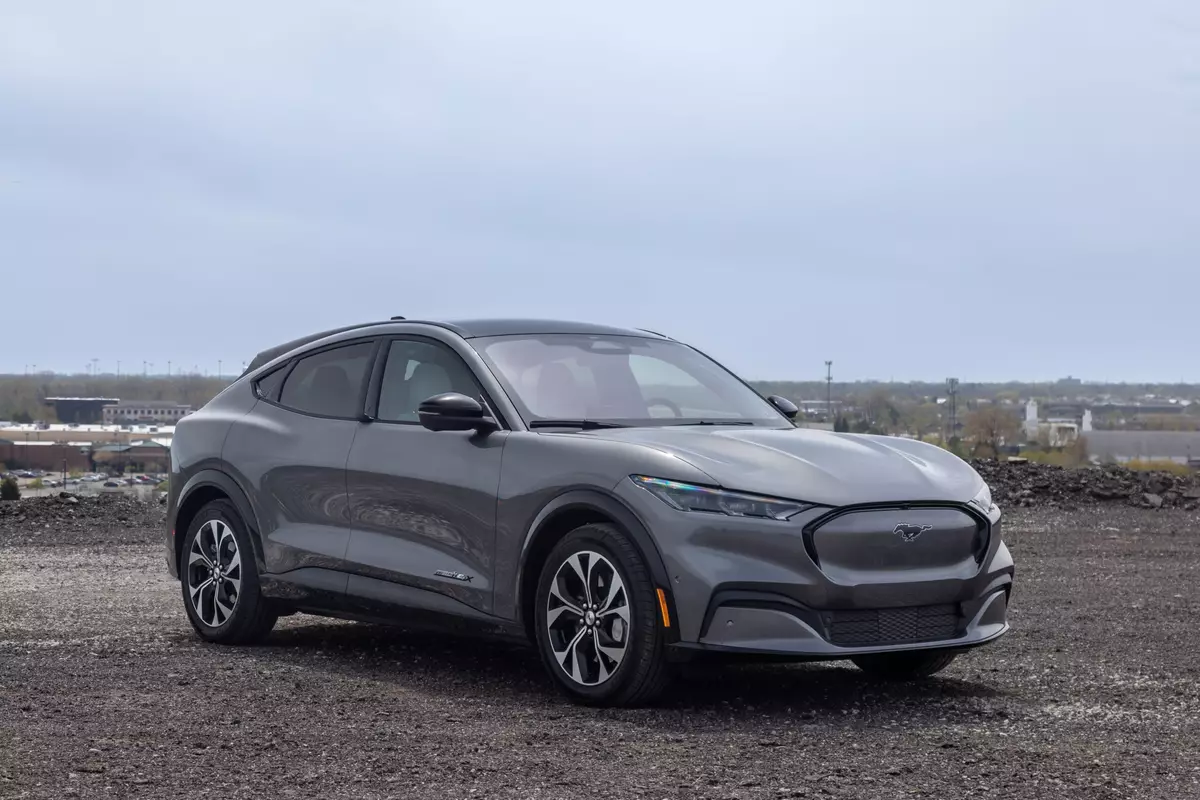washingtonpost.com's view
LAGUNA BEACH, Calif. — I understand Mercury’s problem. It stems from a question of identity. Mercury has none.
Consider this wealthy Pacific Ocean village. From their reconditioned physiognomies to their multimillion-dollar dwellings, from their expensive wardrobes to their even more costly cars, people here live luxuriously.
They crave luxury — the feel and taste of it, the way it looks and moves. They define themselves by it. They are obsessed with possession of things genuine.
Thus, Aston Martin and Bentley automobiles are common. Ditto BMW, Cadillac, Ferrari, Infiniti, Lamborghini, Lexus, Lincoln, Mercedes-Benz, Porsche and Rolls-Royce motorcars. Exotic wheels in Laguna Beach are so bountiful they seem ordinary.
But truly ordinary cars can be found here as well. For example, there are Fords, particularly the newest Ford Mustang. It is likely that the sassy Ford Fusion sedan will make a favorable showing too.
After all, Laguna Beach parents must let their kids drive something; and Ford has an attractively rebellious, blue-collar-even-if-you’re-not, earthy American personality.
Ford understands and exploits its position in the class structure. So does Lincoln, especially among older, rich Republicans. But Mercury doesn’t know its place; and after tooling around in the technically correct, well-built, sensibly designed but otherwise soulless 2006 Mercury Milan for a week, I fear that Mercury has no place at all.
It pains me to write this. I have a chronic affection for underdogs. I love seeing them triumph over adversity.
The Mercury Division has long been Ford Motor Co.’s underdog, both in terms of sales and consumer share of mind. But no underdog ever became a top dog through slavish imitation.
You must bark your own bark and wag your own tail to separate yourself from the pack. Unfortunately, as evidenced by the new Milan, Mercury doesn’t get it.
I drove the top model, the front-wheel-drive Milan Premier V-6. It shares the Ford Fusion platform — the basic structure and underpinnings. I prefer the Fusion, because it is what it is — a bodacious iteration of the mid-size family sedan that makes a statement: “I’m from Detroit. Deal with it. If you can’t, get lost; and, yeah, I like to party.”
By comparison, the Milan is wishy-washy. In a passionate embrace of sophistry, it sheds itself of the Fusion’s ready-to-rock persona and firmly states what it is not: “I’m not like my cousin from the working-class side of the expressway.” But it fails to say anything about its own identity, leaving the potential buyer with the question: “Why bother?”
Certainly, with its two-tone leather-surface seats and optional Wales Mahogany wood interior appearance package, the Milan Premier V-6 aspires to luxury. But aspiration alone isn’t enough in a genuinely luxurious environment. It comes off as pretense; and the Milan’s ruse fails. It is a bauble offered at a price higher than that of the technically and structurally identical Fusion. In pretending that it is something other than a Fusion, but never clearly stating what that something is, it ultimately pleases no one.
I’m betting that the Milan will have limited to no appeal in hip neighborhoods such as Crenshaw Avenue in Los Angeles and the District’s Southeast; and that it will be greeted with an equal lack of enthusiasm here in Laguna Beach, or at home in Northern Virginia, where people of means mean it when they say distinction is a must-have attribute of luxury.
Sadly, then, the Milan is a case where “very good” — and, again, technically, it is a very good car — isn’t good enough. Its deficit is in the intangibles — the way it makes people feel about themselves, about ownership. Such intangibles speak to why people buy one coat vs. another, one kind of watch or bottle of perfume over another.
Ascetics scoff at that notion, deride it as shallow and materialistic. But Mercury is not in the business of asceticism. It is in the business of selling cars and trucks. If it fails, however, to grasp that identity is an essential element of emotion, and that emotion motivates shopping and buying, it won’t be in that business much longer.
– – –
Nuts & Bolts
2006 Mercury Milan
Bottom line: What does the Milan give you that the Ford Fusion doesn’t? Nothing.
Ride, acceleration and handling: Very good in all three categories. Solid. The same goes for the Fusion. But the Fusion’s styling inside and out bespeaks chutzpah and fun. The Milan’s tamer, more conservative treatment coupled with its muted appeal to luxury says: “Me, too, sort of, but not quite . . . you know what I mean?”
Head-turning quotient: It looks like a Fusion, but . . . hmm. Something’s missing.
Body style/layout: Both the Milan and Fusion are front-engine, front-wheel-drive, mid-size sedans with traditional notchback trunks.
Engines/transmissions: Two engines and three transmissions are available. The tested Milan Premier V-6 develops 221 horsepower at 6,250 revolutions per minute and 205 foot-pounds of torque at 4,800 rpm. The Premier V-6 gets a standard six-speed automatic transmission. The base Milan gets a 160-hp, 2.3-liter, in-line four-cylinder engine with a standard five-speed manual transmission, or an optional five-speed automatic gearbox.
Capacities: The Milan seats five people. Maximum cargo capacity is 16 cubic feet. The fuel tank holds 16 gallons of recommended regular unleaded gasoline.
Mileage: I averaged 26 miles per gallon, mostly in highway driving.
Safety: Head and side air bags, and traction control are optional. Four-wheel anti-lock brakes are standard.
Price: The 2006 Milan Premier has a base price of $22,845, compared with a base price of $21,170 for the technically and structurally identical Ford Fusion SEL V-6. The dealer’s base invoice price on the Milan Premier is $20,995. Milan Premier price as tested is $26,290, including $2,795 in options and a $650 destination charge. Milan Premier dealer’s price with options and destination is $24,079. Prices from Ford, http://www.edmunds.com , and http://www.cars.com , a Washington Post affiliate.
Purse-strings note: The Ford Fusion is a better buy. Compare with 2006 Chevrolet Malibu, Chrysler Sebring, Honda Accord, Hyundai Sonata, Kia Amanti, Nissan Altima and Toyota Camry.
Latest news



